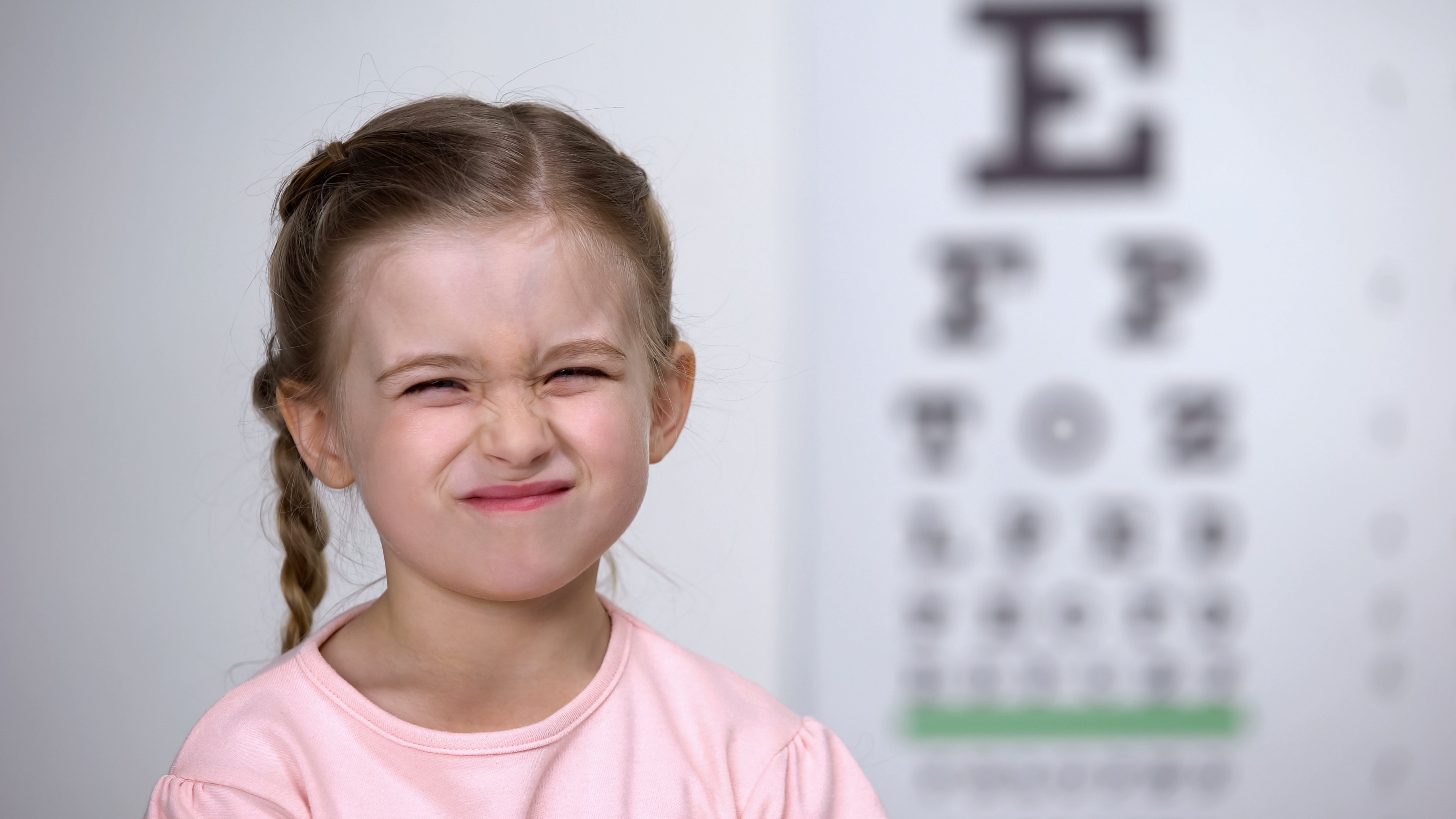
Myopia, also known as nearsightedness, is an eye condition that commonly affects children. The vision problem causes distant objects to look blurry while those close appear clear. It occurs when light does not focus on your retina but in front of it.
Most parents may not be aware that their children have nearsightedness. Early knowledge helps with prompt treatment to manage the condition and slow its progression. Read on to learn the signs that show your child has myopia.
Sitting Very Close to the Television
Your child may have nearsightedness if you notice that they love to sit very close to the television when watching. They do so to see better than when seated farther from the screen. Talk to their eye doctor at Marshall EyeCare to check if they have myopia.
Squinting
Most children who struggle to see distant objects squint to improve their vision. Doing so reduces the light entering their eyes and helps the eyes see things more clearly. It also reduces the blurred image size on their retina to enhance visual acuity.
Squinting is a sign of myopia. It can contribute to headaches, which are often an indicator of vision problems in children. It is vital to note that squinting is not a myopia treatment. Any child suffering from nearsightedness needs proper eye care to ensure the condition does not progress and worsen.
Complaining of Constant Headaches
Myopia causes headaches when doing close work like reading. It often results due to eye discomfort and strain. Your child may have nearsightedness if they constantly complain of headaches.
Rubbing of Eyes
Myopia causes eye discomfort and strain when doing close work like reading. You may notice that your child rubs their eyes frequently due to the distress of their eyes. If so, it is vital to take them to an eye doctor for a myopia diagnosis and prompt treatment and management.
Holding Objects Close to Their Eyes
Children with nearsightedness try to see things clearly by holding them close to their faces. An eye doctor can evaluate their eyes to check if they have myopia. Myopia causes the light entering their eyes to focus in front of the retinas due to the shape of their eyes. Since their eyes do not focus directly on their retinas, distant objects look blurry. Hence, they resort to holding objects close to their faces to get light to focus on their retinas correctly.
Avoiding Outdoor Activities
Myopia causes children to struggle to see things. As such, you may notice that your child avoids outdoor activities like playing with peers. Doing so is a sign of nearsightedness. Prompt treatment can help improve the quality of their life and help them enjoy their childhood.
Poor School Performance
Your child may struggle to use visual aids or read the board in class if they have myopia. They may not do tasks requiring clear vision, like playing with their peers or participating in sports easily. Thus, they can have a hard time in school. It can affect how they perform.
Have your child’s vision evaluated by an eye specialist if you notice they have any myopia signs. An early diagnosis and treatment will help prevent nearsightedness from worsening. It also helps improve the quality of your child’s life.
For more about myopia in children, visit Marshall EyeCare in Aberdeen, New Jersey. Call (732) 837-0988 to book an appointment today.








